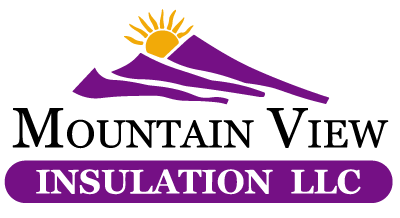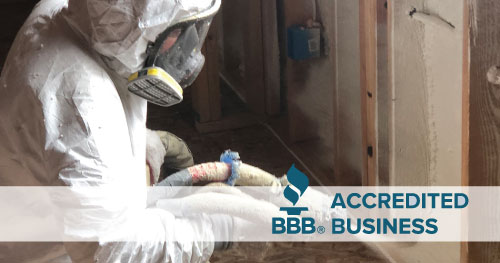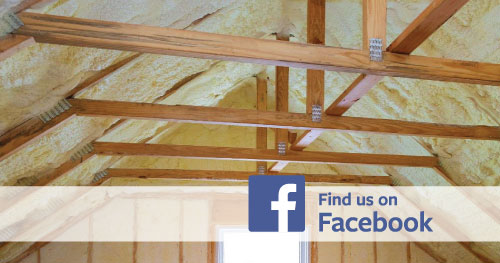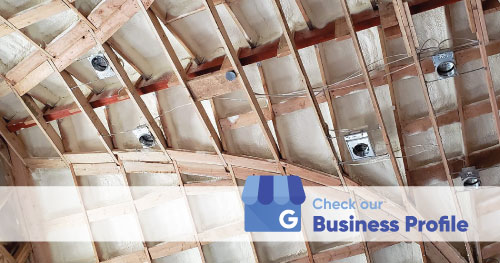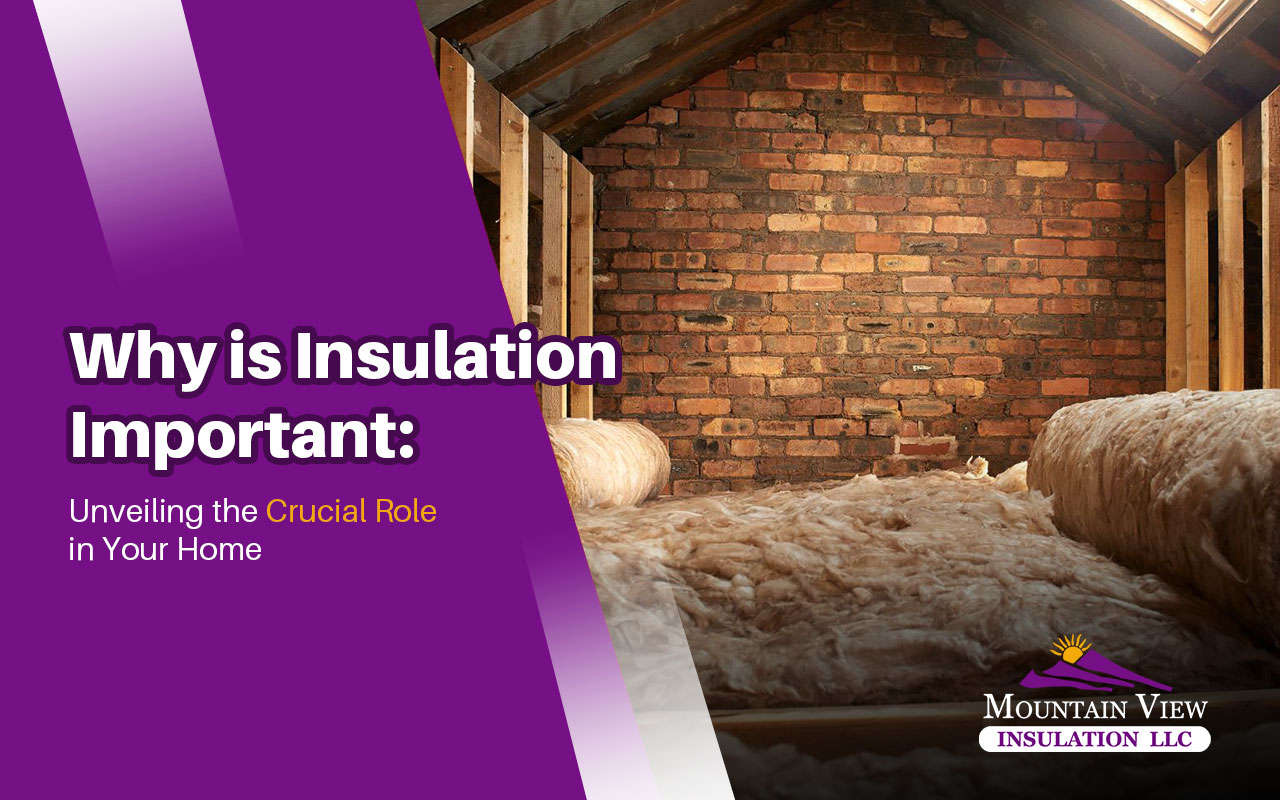
Understanding insulation’s critical role in your home is crucial to responsible homeownership. In exploring “why is insulation important,” we look at the fundamental importance of appropriate insulation. From energy efficiency to environmental effects, we explore the advantages of a well-insulated home. Whether you’re a seasoned homeowner or a first-time buyer, understanding the value of insulation is critical for establishing a pleasant and sustainable living environment.
Why is Insulation Important: Core Considerations
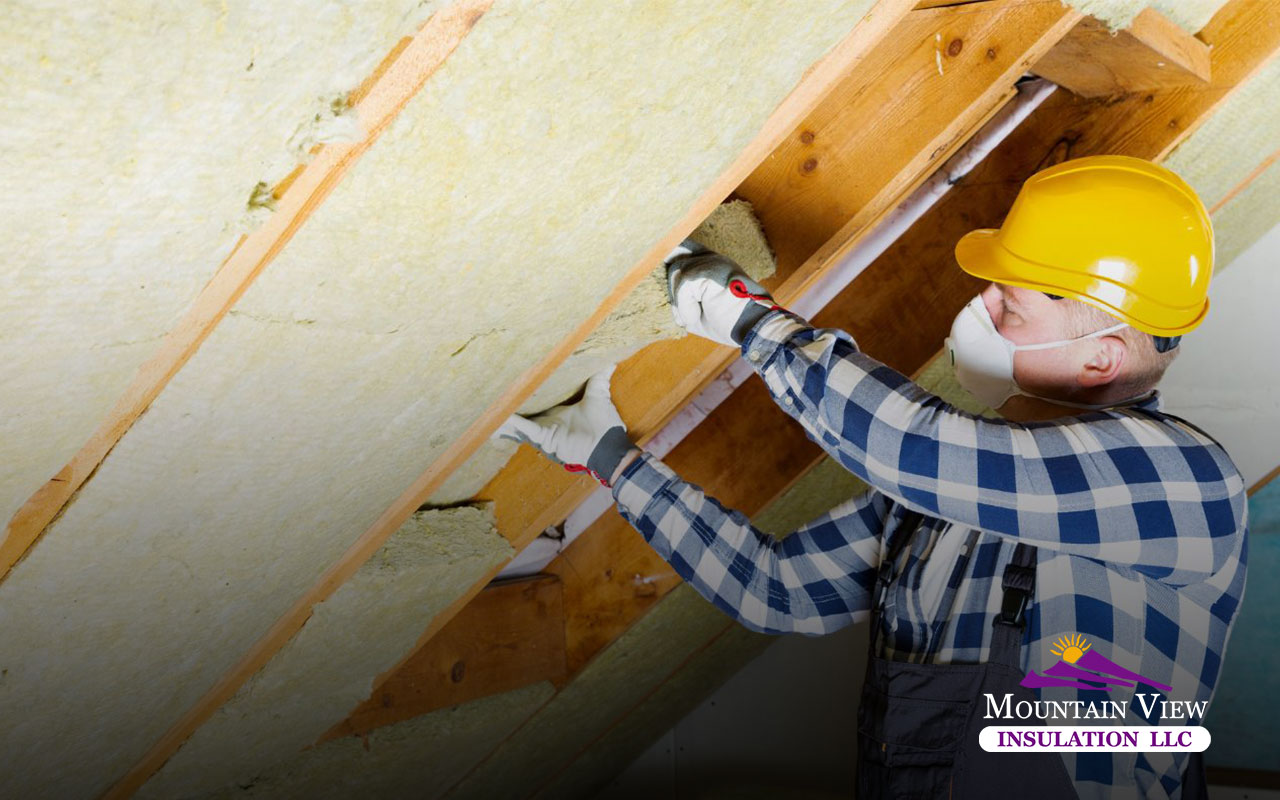
Energy Efficiency and Cost Savings
Insulation is critical in enhancing a home’s energy efficiency, acting as a thermal barrier to reduce the need for constant heating and cooling. This efficiency translates into substantial cost savings for homeowners, as they experience a notable decrease in energy bills.
Enhanced Energy Efficiency: It acts as a thermal barrier, reducing the need for heating and cooling.
Cost Savings: Homeowners benefit from lower energy bills due to improved home efficiency.
Comfort and Indoor Air Quality
Proper insulation ensures a stable and comfortable indoor environment by maintaining consistent temperatures throughout the year. It also plays a vital role in improving indoor air quality by controlling humidity levels and reducing the risk of mold formation and other issues.
Consistent Indoor Temperature: This maintains a stable temperature throughout the year.
Improved Air Quality: Helps regulate humidity and prevent mold, enhancing indoor air quality.
Environmental Impact and Sustainability
Insulation’s ability to reduce energy consumption directly contributes to a lower carbon footprint, making it an essential element in efforts to mitigate climate change. By decreasing the demand for heating and cooling, insulation supports global initiatives focused on environmental sustainability.
Reduced Carbon Footprint: Lower energy use leads to decreased carbon emissions.
Climate Change Mitigation: It supports global environmental sustainability and climate change efforts.
Moisture Control and Building Durability
Effective insulation acts as a barrier against moisture, protecting homes from potential damage caused by water ingress and condensation. As a result, this improves the durability and lifetime of the building structure and safeguards against moisture-related issues like mold and rot.
Moisture Protection: Prevents water ingress and condensation in building structures.
Enhanced Building Longevity: Protects against moisture-related damages like mold and rot.
Seasonal Comfort and Temperature Regulation
Insulation is critical to achieving comfort in homes across different seasons. Consequently, retaining warmth in the winter and keeping heat out during summer. Therefore, this results in a consistently comfortable living environment throughout the year, regardless of external weather conditions.
Warmth in Winter: It retains heat during colder months for indoor warmth.
Coolness in Summer: Acts as a heat barrier in the summer to maintain an excellent indoor environment.
Environmental Benefits: Carbon Footprint Reduction
In addition to enhancing home comfort and reducing energy costs, insulation significantly lowers a home’s carbon emissions. This reduction in energy use benefits the homeowner and contributes positively to global efforts to reduce the overall carbon footprint and promote environmental sustainability.
Energy Conservation: A well-insulated home uses less energy for heating and cooling.
Contribution to Sustainability: Helps in global efforts to reduce carbon emissions and promote sustainability.
Tips, Facts, and Questions for Why is Insulation Important
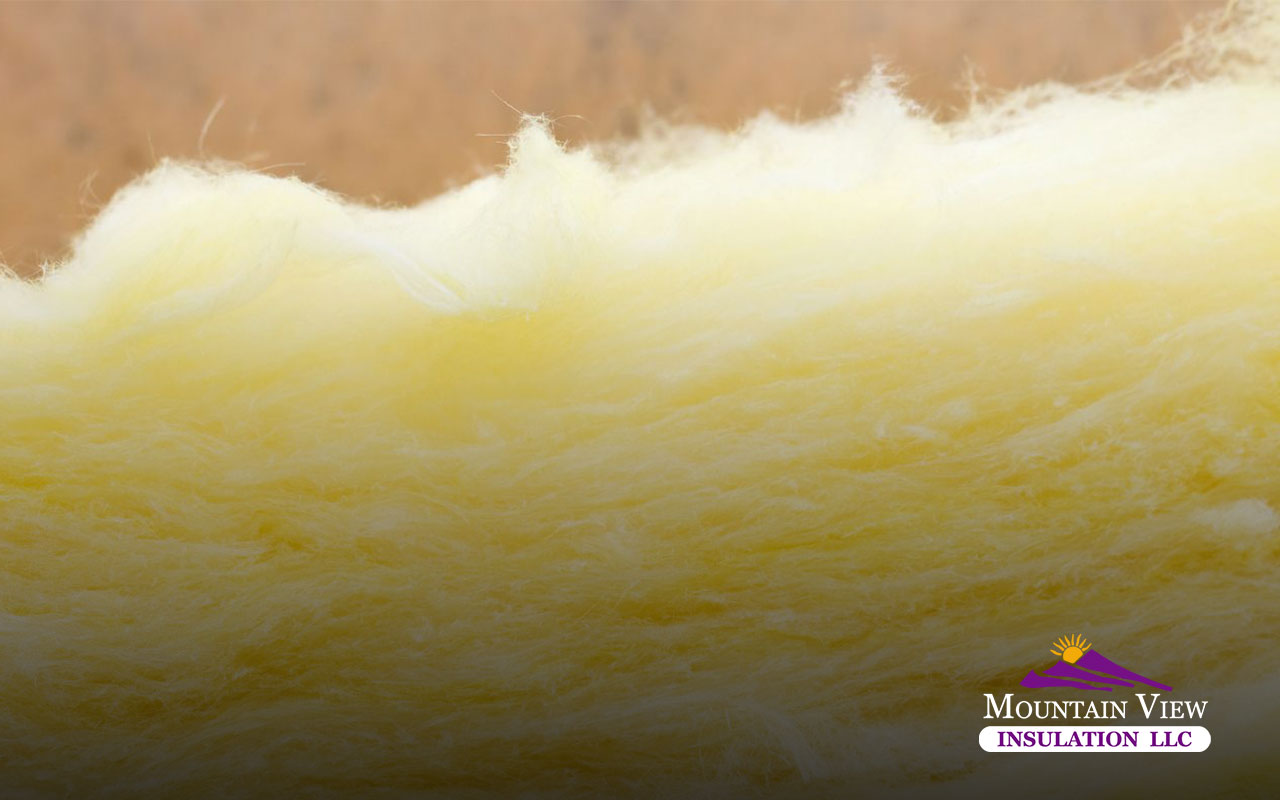
Tips:
- Regularly evaluate and upgrade insulation to meet rising energy efficiency standards.
- Consider Regional Climates: Optimize the efficiency by tailoring options to your region’s climate.
Facts:
- According to the United States Department of Energy, a well-insulated home can save up to 30% on energy costs.
- Insulation regulates temperature and dampens sound, resulting in a quieter living environment.
Questions:
- How can insulation improve energy efficiency and cost savings?
- This forms a thermal barrier, minimizing the need for constant heating and cooling and lowering energy bills.
- How does insulation affect indoor air quality?
- Regulates humidity, preventing mold formation and improving indoor air quality.
Elevate Your Home’s Comfort with Mountain View Insulation, LLC
As we end the blog, we hope to give you the information you want regarding “why insulation is essential. You can count on Mountain View Insulation, LLC, to improve your home. Our dedication to superior solutions guarantees that your home stays a haven of warmth, health, and sustainability.
Contact us immediately to explore how our insulation expertise may improve your home’s comfort.
